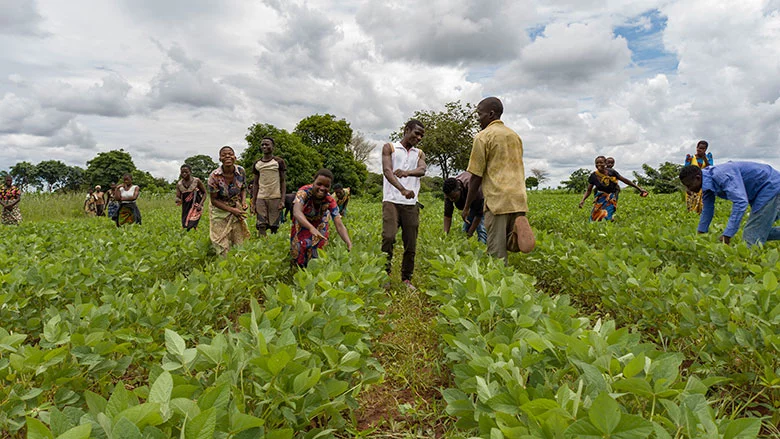At a regional agricultural forum held in Mara, Tanzania, on November 12, 2025, agricultural expert Dr Peter Mlay emphasized that the success of East Africa’s agricultural transformation depends not only on technology but also on empowering the farmers who use it.
Speaking before a gathering of farmers, policymakers, and development partners, Dr Mlay said that while innovation and digital tools are vital for modern agriculture, “technology alone cannot solve every problem.” He added, “We need empowered farmers, fertile soil, and trees that help address issues like erosion, poor soil fertility, and water scarcity.”
Dr Mlay urged farmers to take ownership of the change by experimenting with new techniques and maintaining close communication with agricultural experts. He pointed out that experienced local farmers often inspire greater change within their communities than visiting specialists, because they understand the challenges firsthand.
He also highlighted the importance of inclusive agricultural practices. According to Dr Mlay, women and marginalized groups must be granted secure and long-term access to land, as this is key to achieving fair and sustainable food systems. He further called for expanded training on agroforestry and sustainable land management, stressing that such knowledge can help farmers adapt to the effects of climate change while protecting their livelihoods.
Also Read; UNESCO Declares Swahili Official Global Language
Beyond technical expertise, Dr Mlay underscored the need for collaboration between farmers and institutions. “True transformation happens when policies, communities, and innovation move together,” he said, adding that governments and partners should create environments that encourage experimentation and reward innovation.
The forum, which drew participants from across the region, comes at a time when East African nations are grappling with worsening climate variability, soil degradation, and dwindling water resources. Dr Mlay’s message resonated strongly with attendees, serving as a reminder that progress in agriculture must be both people-centered and nature-conscious.
He concluded by encouraging farmers to see technology not as a replacement for traditional knowledge but as a complementary tool that strengthens it. “When innovation meets experience, we grow stronger together,” he remarked.
This year’s event marks another important step in building regional collaboration on sustainable agriculture, highlighting how grassroots innovation, farmer education, and equitable access to land can transform food systems for future generations.



